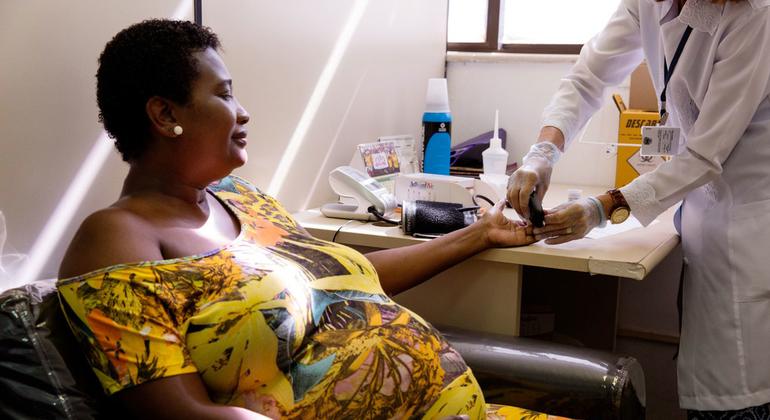The global diabetes epidemic has reached a critical level with 800 million cases


The United Nations health agency said the published findings highlight the need for immediate global action to tackle the epidemic.
The study was conducted by the NCD Risk Factor Collaborative (NCD-RisC), a global network of 1,500 researchers and practitioners collaborating with WHO.
This is the first global analysis of trends in both diabetes prevalence and treatment coverage based on data from 140 million people worldwide aged 18 years and older.
The analysis revealed one double the number of diabetes cases from 7 to 14% between 1990 and 2022 with nearly 450 million adults – 60% of those with the disease – still untreated. This emergency particularly affects low- and middle-income countries (LMICs), where 90% of cases go untreated.
WHO Director-General Tedros Adhanom warned: “We have seen an alarming rise in diabetes over the past three decades, which reflects the rise in obesity, combined with the impact of unhealthy food marketing, lack of physical activity and economic hardship.” Ghebreyesus.
Regional challenges
The Southeast Asia and Eastern Mediterranean regions face the highest burden, with about 20% of adults affected.
These regions, along with Africa, reported the lowest treatment rates, with fewer than four in 10 adults with diabetes taking blood sugar-lowering drugs.
To respond to these challenges, WHO is launching a new campaign global monitoring frameworkfocusing on key indicators including glycemic control and access to essential medicines.
This product represents an important step in the global response, providing comprehensive guidance for countries to measure and evaluate diabetes prevention, care, outcomes and impact.
This initiative complements the Global Diabetes Compact 2021, aims to ensure equitable access to comprehensive care. WHO said the framework represents an important step in standardizing diabetes prevention and treatment approaches across different healthcare systems around the world.
The road ahead
“To control the global diabetes epidemic, countries must act urgently,” Mr. Tedros emphasized.
“This starts with enacting policies that support healthy diet and physical activity, and most importantly, health systems that provide prevention, detection and treatment,” he added. early treatment”.
WHO has set ambitious targets including 80% of diagnosed diabetics achieving good glycemic control by 2030. This target forms a broader strategy to tackle the root causes of the epidemic, while improving access to essential treatments.




